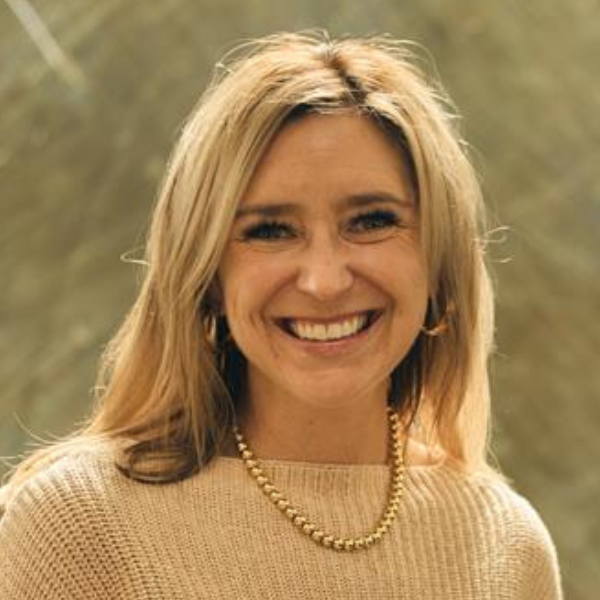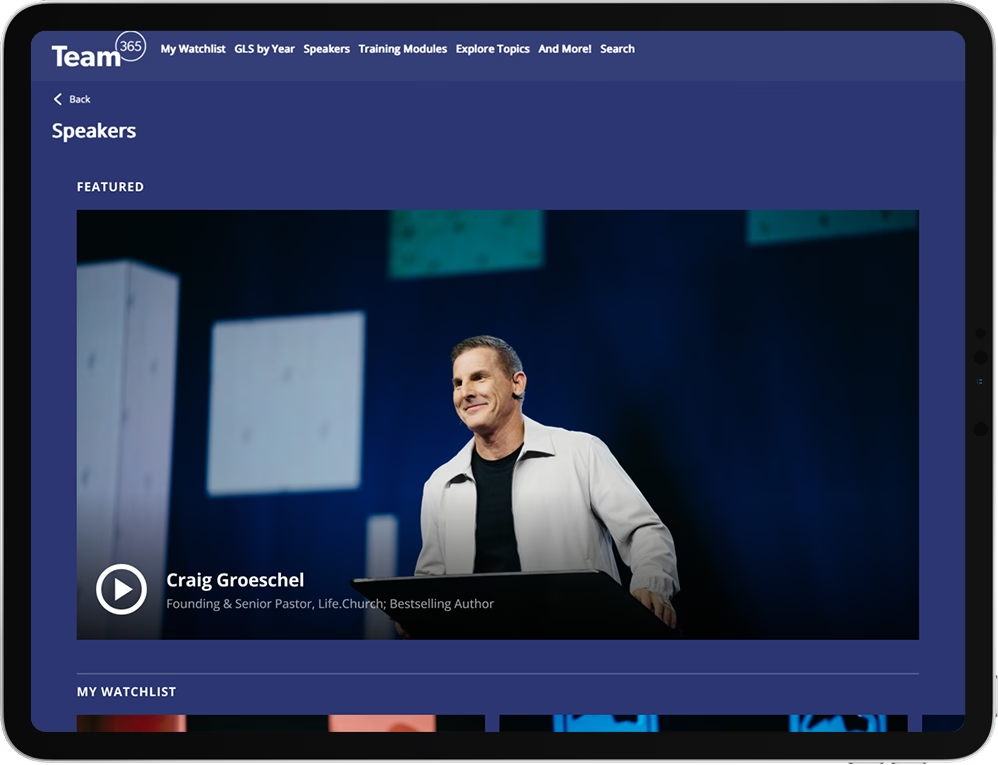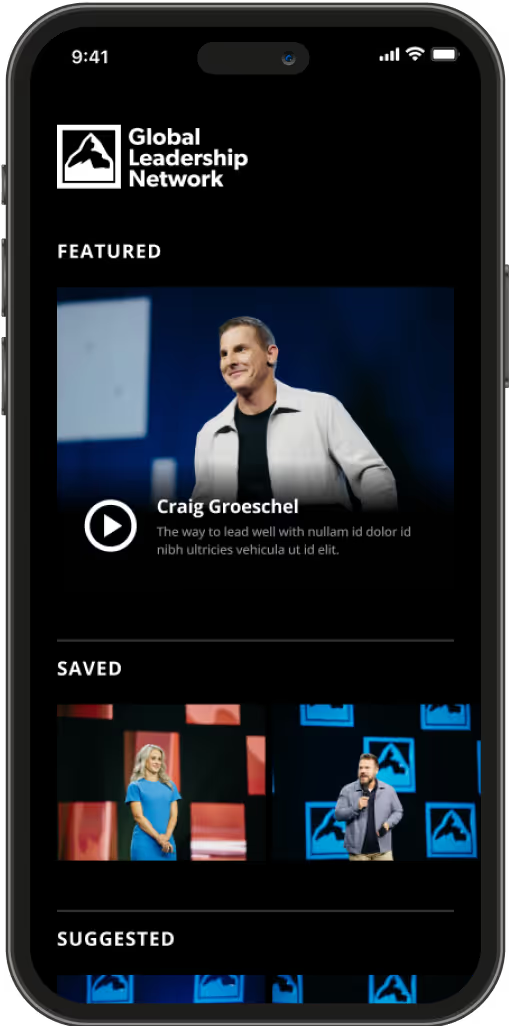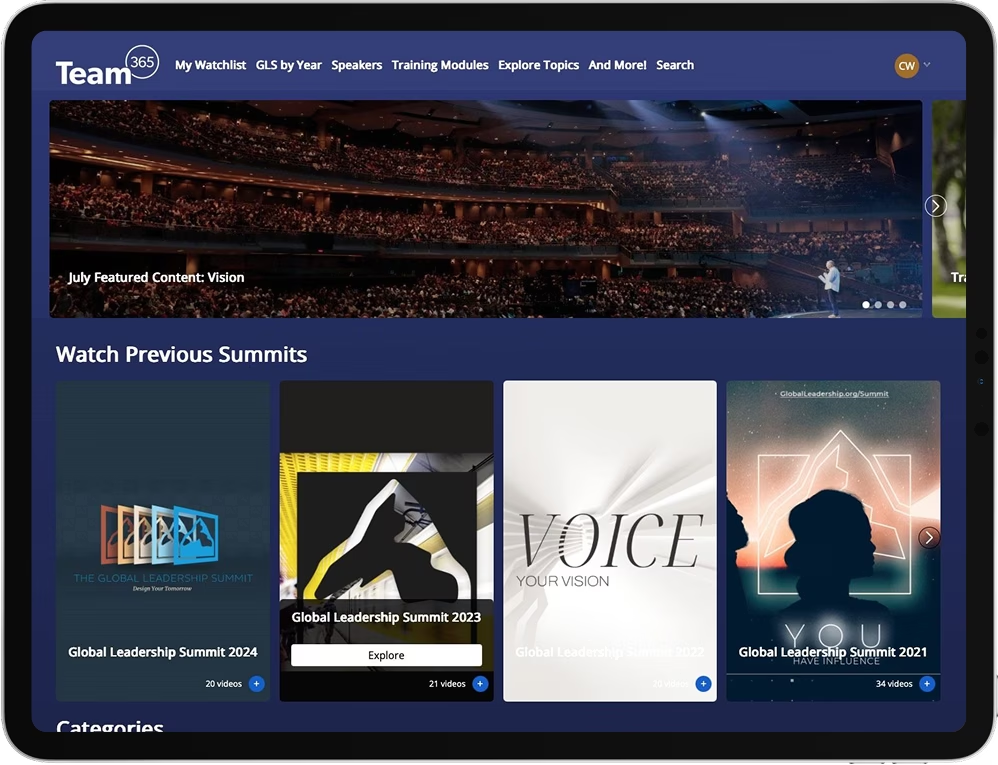Are you a leader who wants to help your team learn to risk more and fail well? In this episode, Harvard Business School professor Amy C. Edmondson sits down with our Jason Jaggard to unpack her research behind her latest book, The Right Kind of Wrong: The Science of Failing Well. Their conversation includes the difference between a mistake and a failure, the 3 categories of failures, and how to encourage a team to experiment and learn quickly.
IN THIS EPISODE
- What is Amy’s background, and what was her path to being a professor at Harvard Business School?
- How do you define “psychological safety”?
- How do we overcome our tendency to be blind to our own shortcomings?
LISTEN
Apple Podcasts | Spotify | YouTube
STANDOUTS AND TAKEAWAYS
- You’re here on earth to make things better.
- High performing teams do not make more mistakes; they are simply more willing to report them.
- Psychological safety is NOT “being comfortable.” It’s feeling permission for candor and making mistakes.
- “Safety” does not mean “the absence of risk or danger,” but the willingness to risk.
- In a changing world, our ability to learn together is mission critical.
- There is a difference between a mistake and failure. A mistake is a unintentional deviation from a known practice; a failure is simply an undesired result.
- All failure is not equal. There are (a) basic failures; (b) complex failures; and (c) intelligent failures.
- An intelligent failure is: an undesired result of a thoughtful foray into new territory. It’s also as small as possible.
- Always choose learning over “knowing”.
- In a situation that’s brand new for your team, it’s important for a leader to:
- Acknowledge that it’s brand new
- Encourage team to experiment (and learn) quickly
- If you’re leading someone who is a high performer but working in a new context, encourage them to (a) aim high; (b) team up; (c) fail well; (d) learn fast; and repeat.
LINKS + RESOURCES MENTIONED
- Book: Right Kind of Wrong: The Science of Failing Well (Amazon.com)
- Website: Amy’s Website
- Website: Buckminster Fuller (Britannica)
- Website: Team365
- Website: Global Leadership Summit 2025
- Website: Global Leadership Network
FOLLOW US
Instagram | Facebook | LinkedIn | X |
SPONSOR
- This episode sponsored by ECFA Leadership Standard.
Related
Ep 198: The World of Creativity (with Fredrik Haren)
For today’s guest, to be creative is to be human, author, speaker and “Creativity Explorer” Fredrik Heron has spent decades helping leaders understand that creativity isn’t about talent or personality: it’s about practice, environment and perspective
Ep 197: Innovation (with David Ashcraft)
In today’s interview with GLN President and CEO David Ashcraft will hopefully dispel those thoughts and show how innovation doesn’t mean creating something out of nothing. If you’re ready to discover how to give yourself space for innovation, give this episode a listen.
Ep 196: A Lifetime of Leadership (with John C. Maxwell)
Have you ever wished you could sit down with someone who has truly mastered their craft? Michael Jordan on winning; Mozart on music; Leonardo da Vinci on creativity. Not just to review their highlight reels but to unpack all the lessons they learned across their lives? Well, that’s what today’s conversation feels like because today we get to listen to John C Maxwell talk about leadership.
Leadership That Lasts
Team365 isn’t just a platform. It’s a commitment to grow, lead and live with purpose — every single day. Whether you’re here for content, community or clarity, you’re in the right place. Your leadership matters. Let’s keep going.






